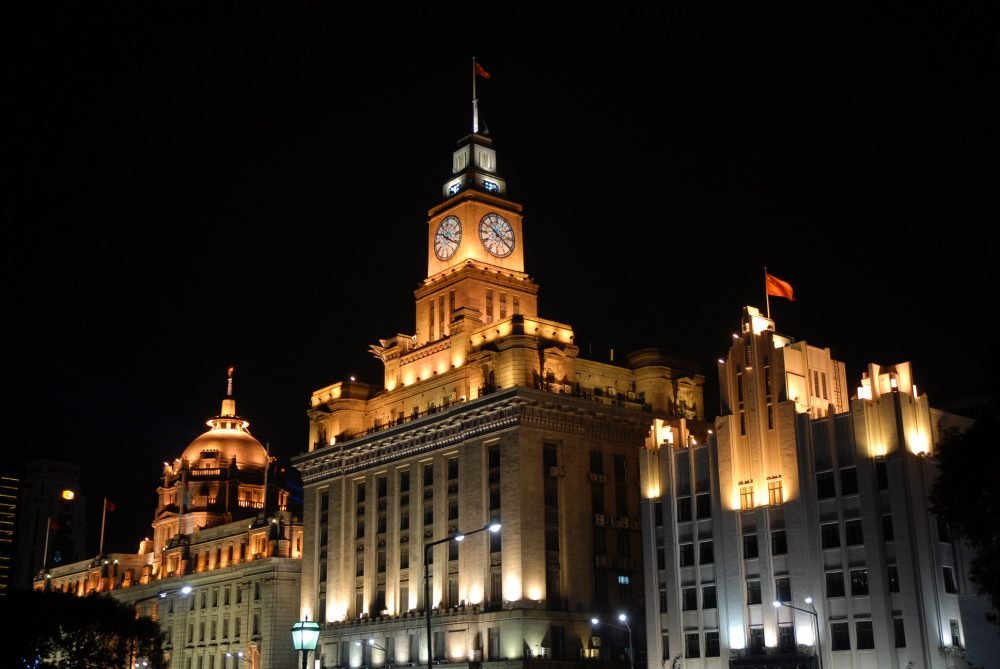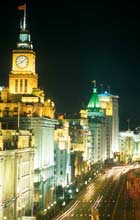

Few cities show as many contradictory aspects as westernized Shanghai. Those who glibly argue that this swinging city is all about money, not politics, should be reminded that the Chinese Communist Party was founded here. Others who see it as a city without a heart need only imagine the elation of those Jews who fled here from the Nazi Holocaust – at that time Shanghai was their only available refuge. Is Shanghai foreign or Chinese in essence, giving or grasping in nature, progressive or reactionary in politics? These are complex issues for you to ponder during your stay here.
Drugs, finance and war are, unfortunately, recurring themes in Shanghai’s turbulent history. This city’s foundation depended on this distasteful cocktail. Early in the nineteenth century, British and American trading firms sold opium to China as a means of offsetting their country’s huge and growing trade deficits. When China refused to play ball, the British sent a well armed expeditionary force to deal with the matter. In 1842, Her Majesty’s navy obliterated the quasi-medieval Chinese forces and demanded, amongst other things, the opening of five ports for international trade. One of those ports, Shanghai, was to become the most important on the Yangzi river, by 1898 servicing the equivalent of US$3.6 billion a year in British trade alone.
Extra-territoriality was a founding principle of the new city. It meant that in the American settlement, American law applied, in the British settlement, British law applied, and so on. Since these foreign territories provided much lower tax environments than China’s, it was not long before Chinese business people decamped from China proper to move their businesses and homes into the foreign concessions in Shanghai. As a result, local real estate prices sky-rocketed, and a triumvirate of financial, trade and real estate industries developed in the foreign enclaves.
However, this city, founded for opium traders, continued to depend on drugs distribution industries for its growth. By bribing foreign police forces, particularly the French one, secret gangs were also able to establish themselves in the concessions and from there control opium and heroine distribution operations. Such was the power and financial allure of these businesses that subsequent leaders of Shanghai, such as the Japanese army and the Kuomintang party, also pandered to them. After the civil war, when the Chinese Communist Party took control of Shanghai, the city’s commercial life was castrated. The drugs syndicates moved to Taiwan and Shanghai went into cold turkey.
These days, foreign business people are once more welcomed to Shanghai. Glamorous buildings are once more rising along the Huangpu river, and warm evening breezes once more carry the latest tunes. The difference is that these days it’s the Chinese who are throwing the parties.